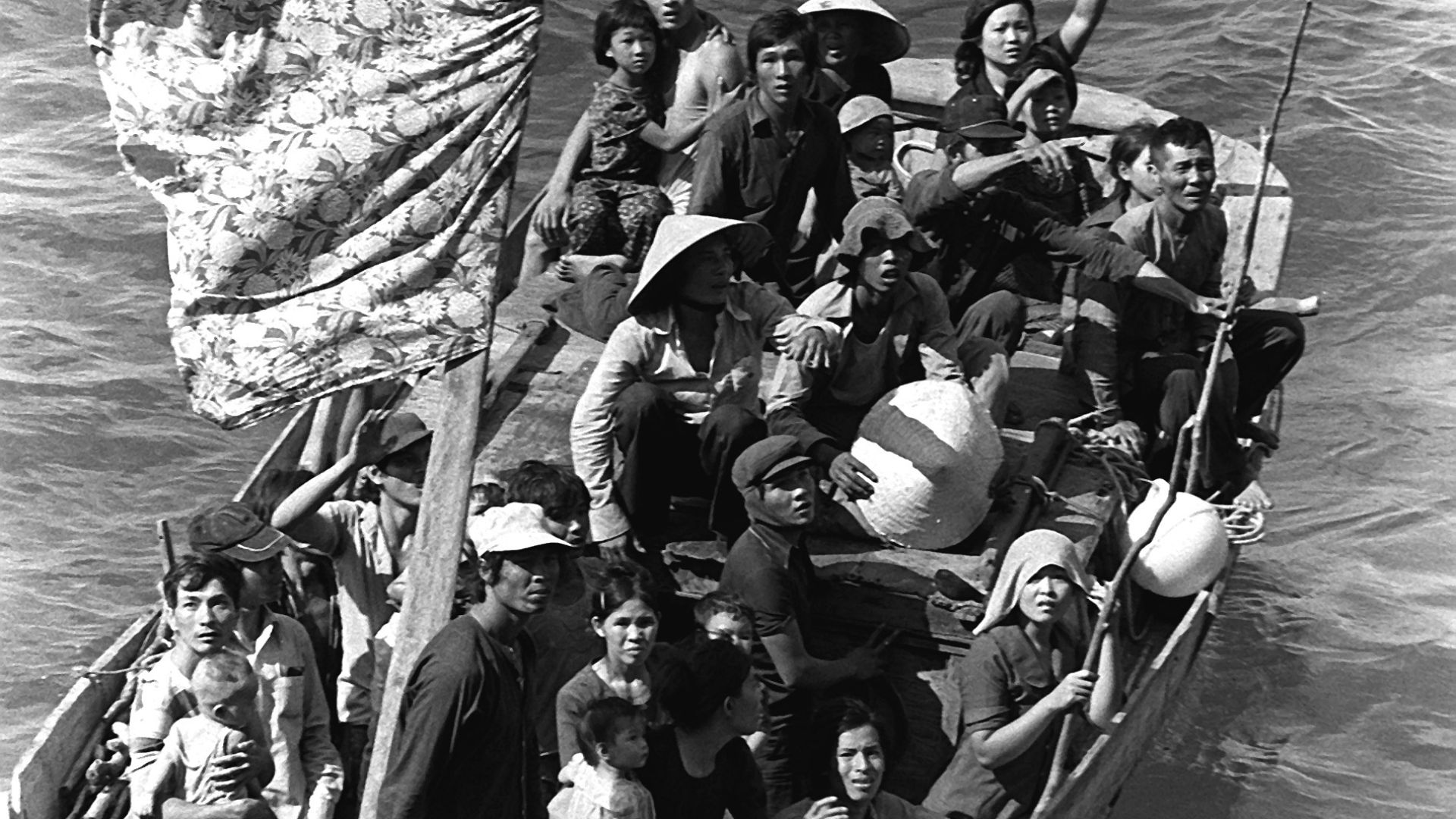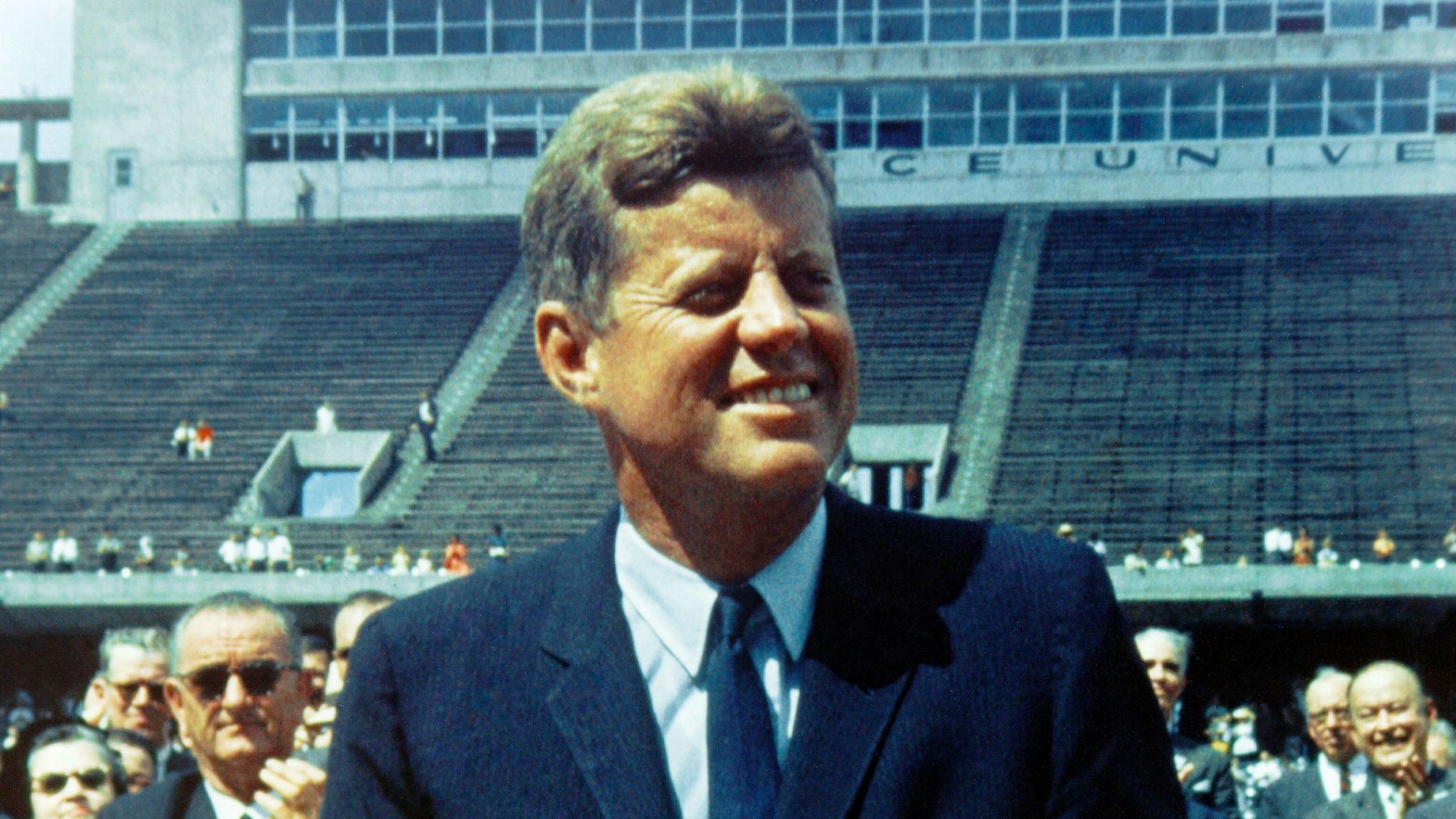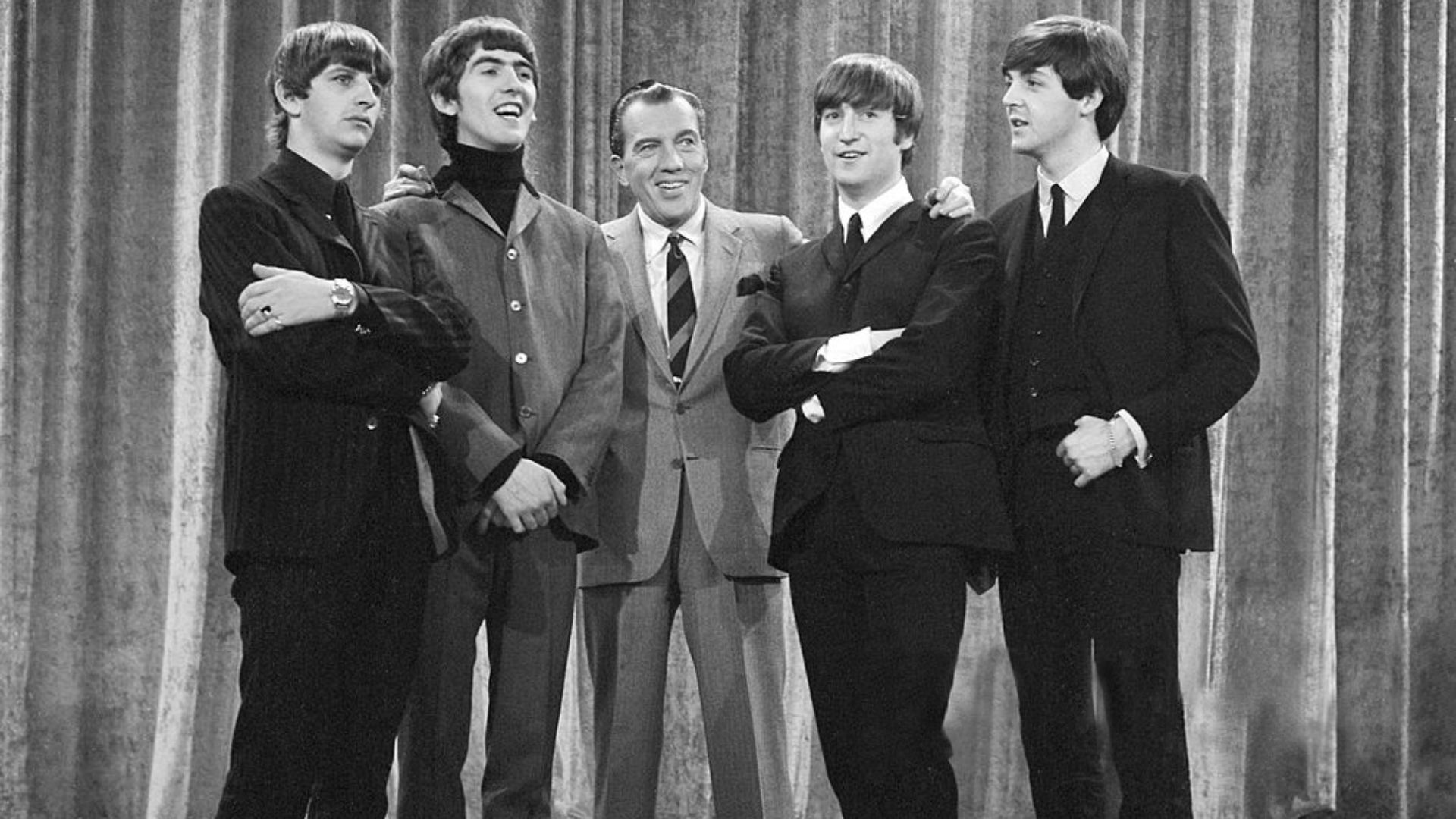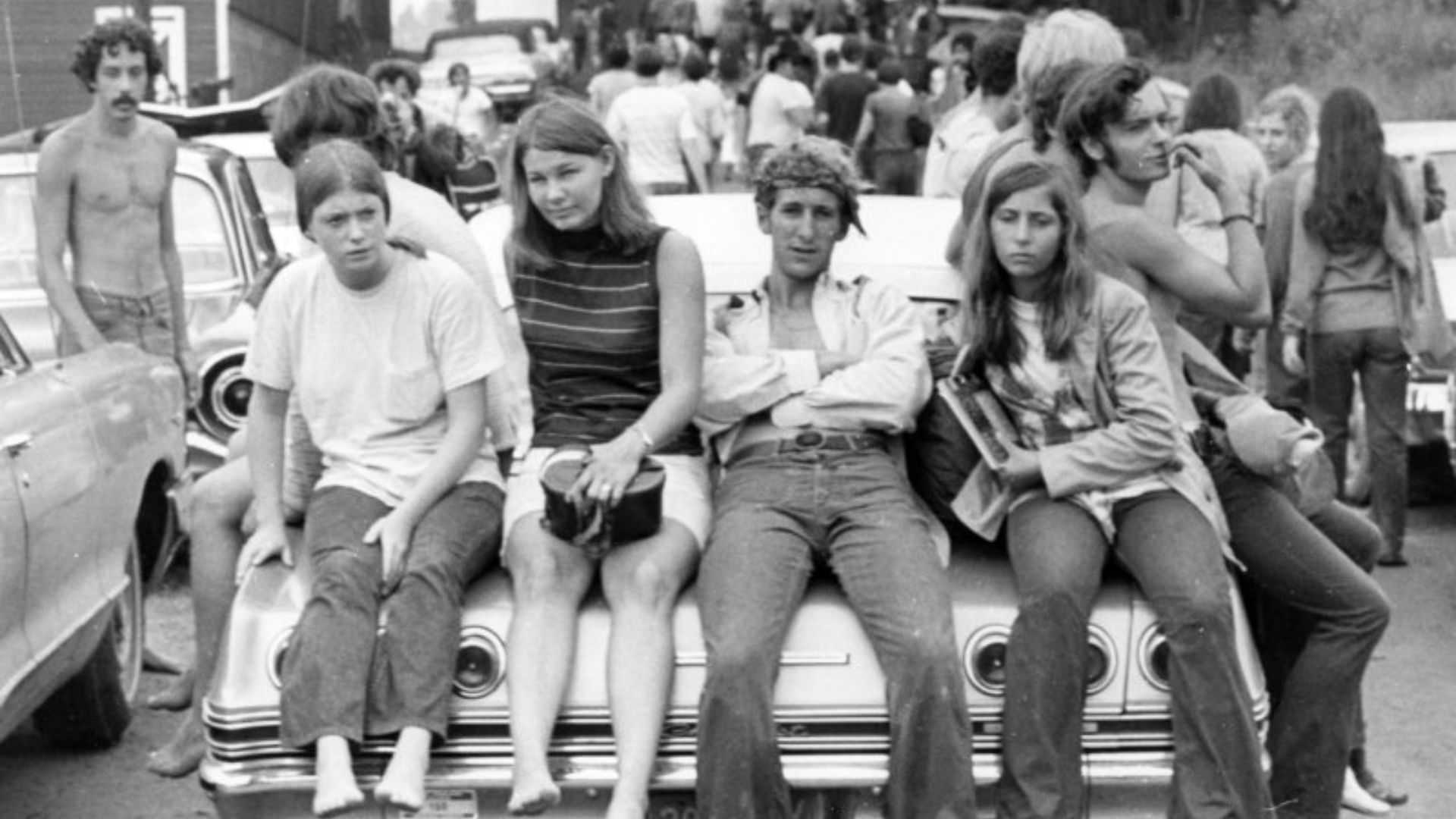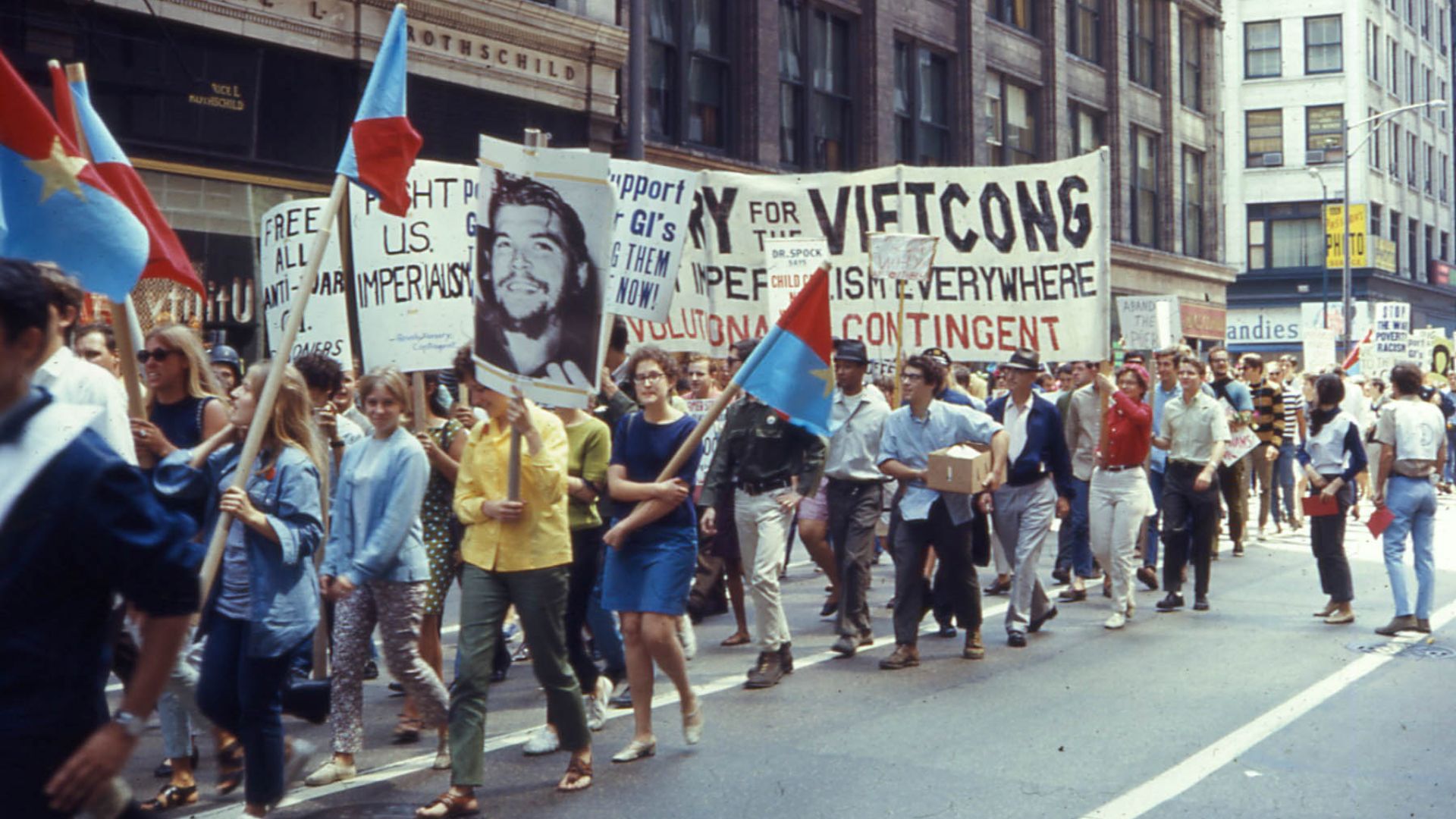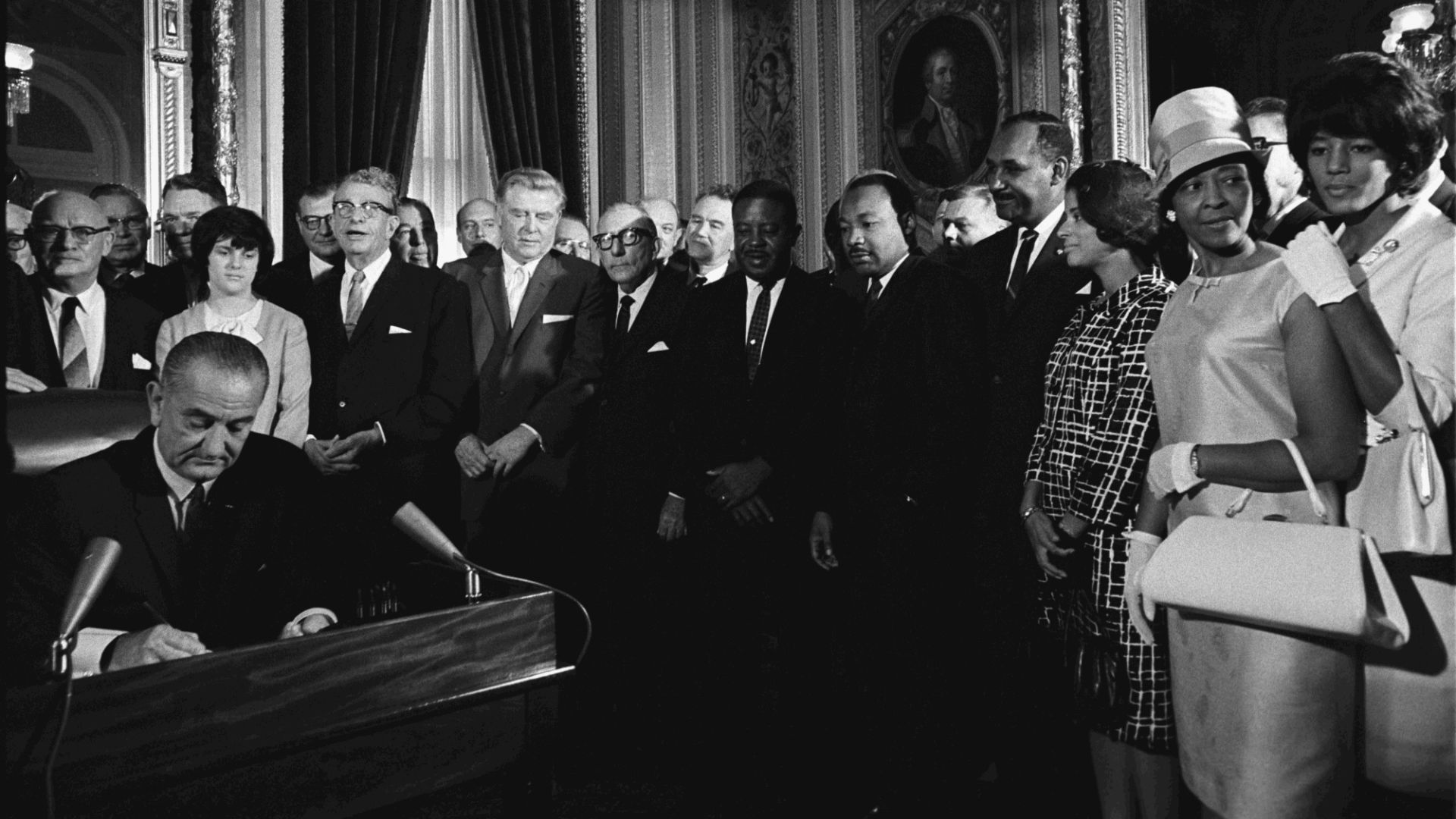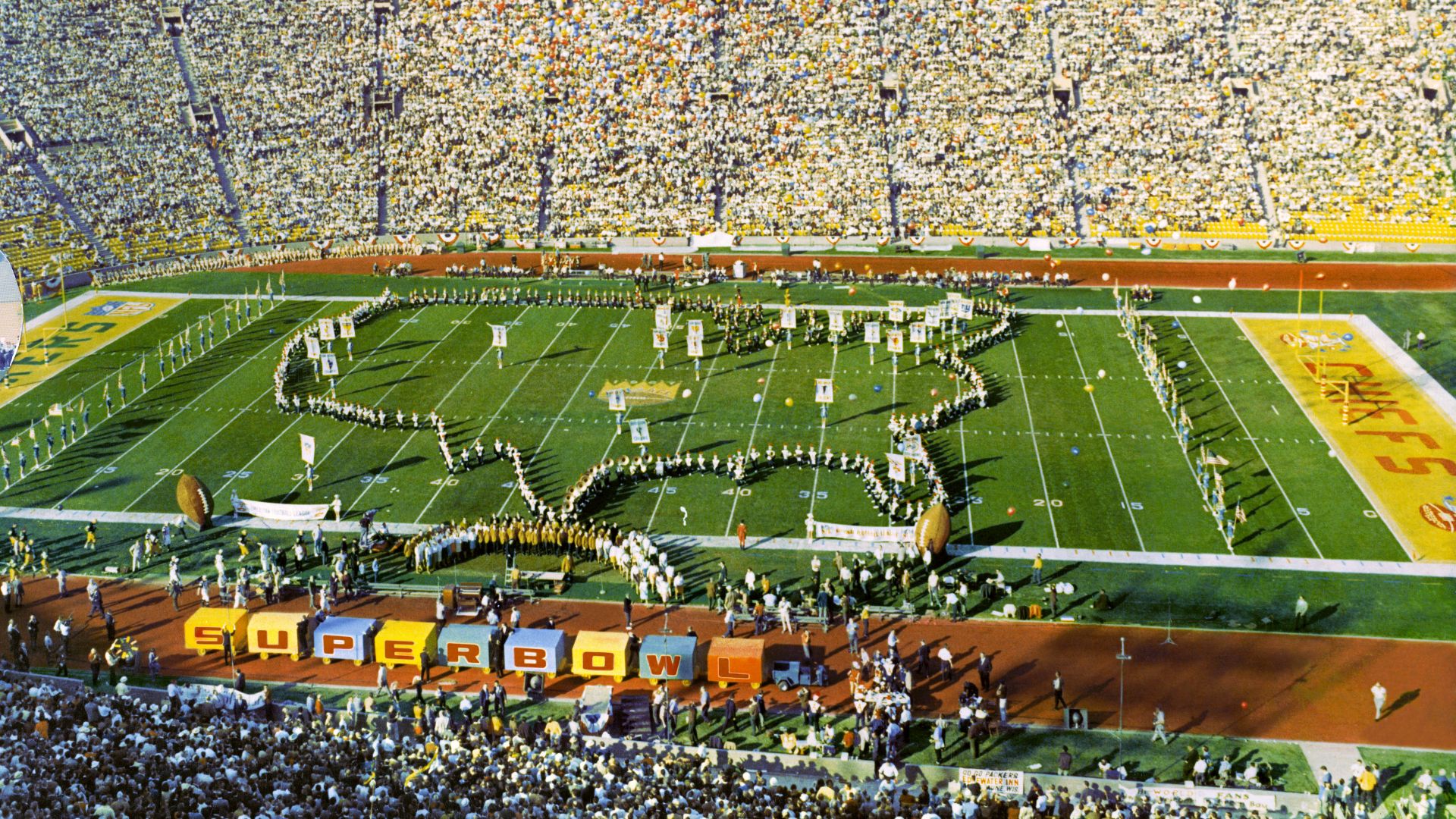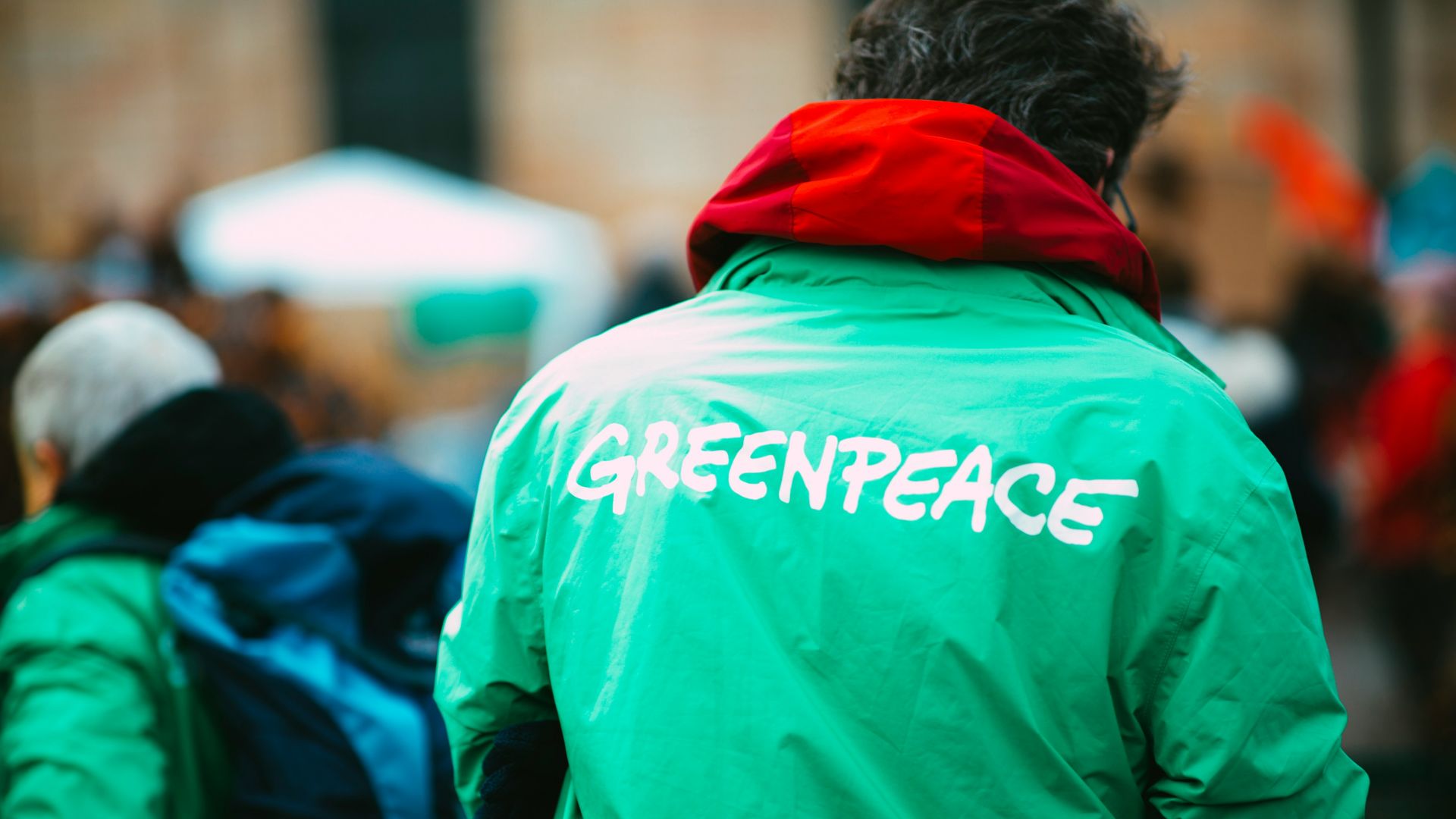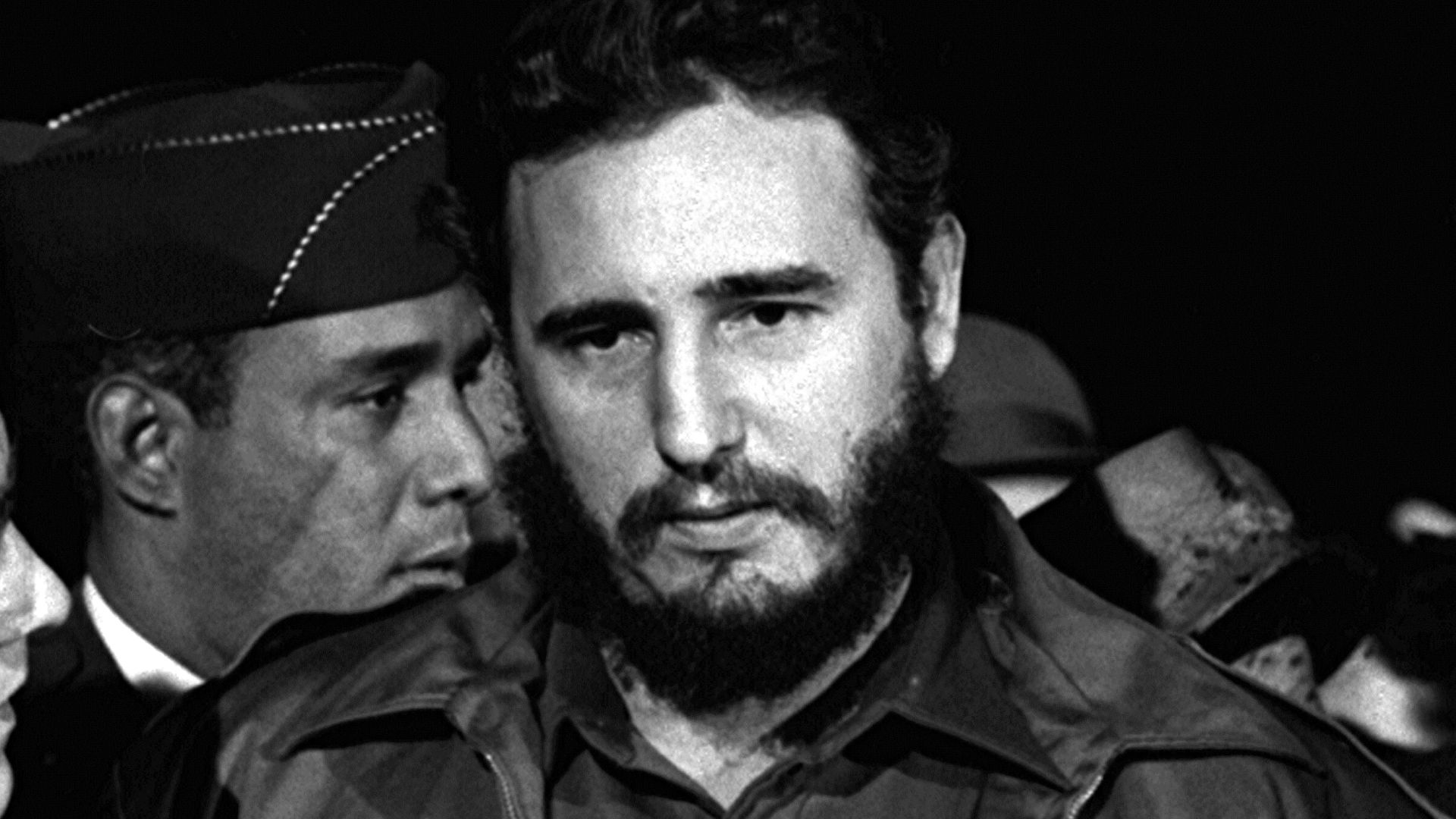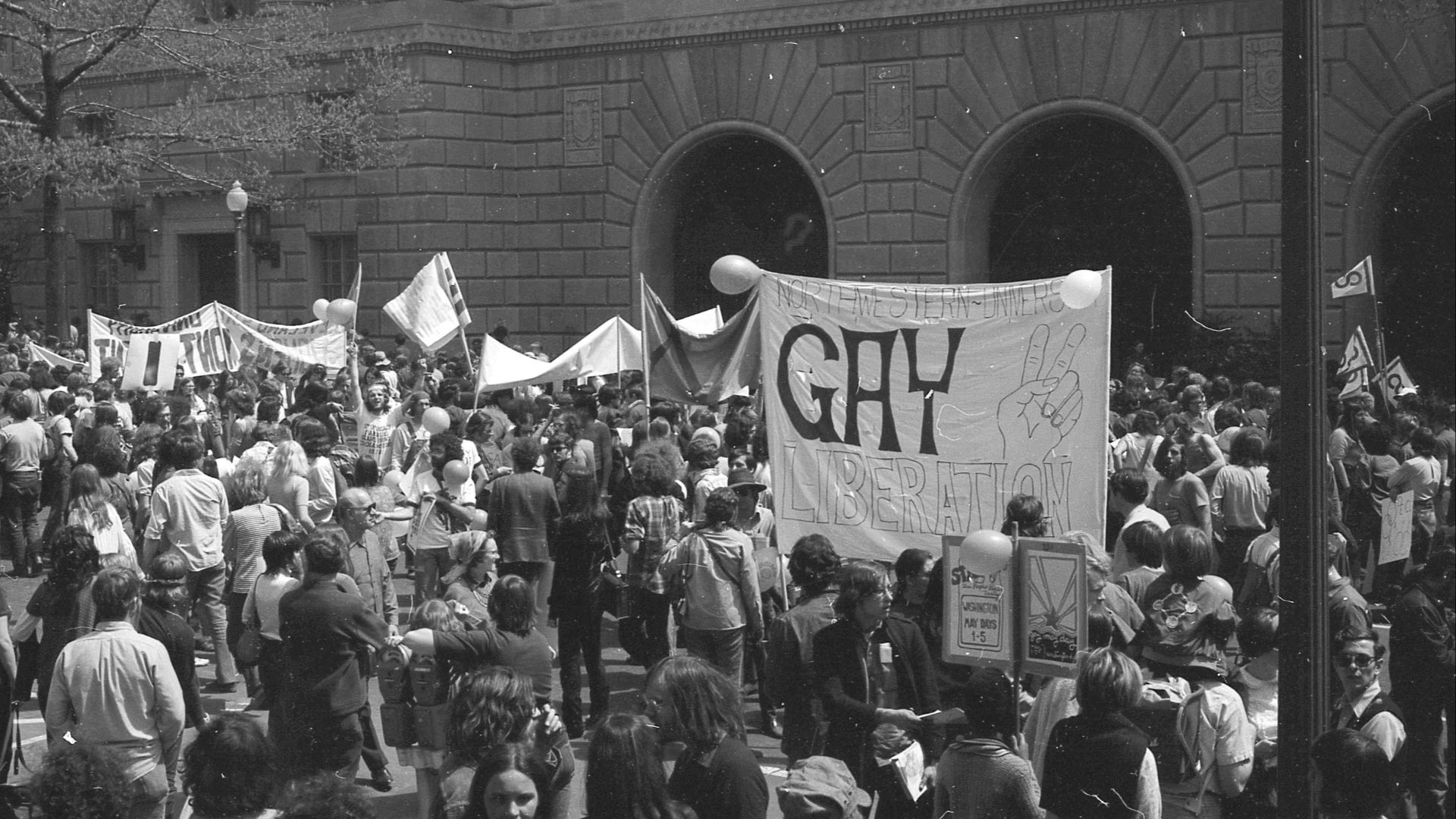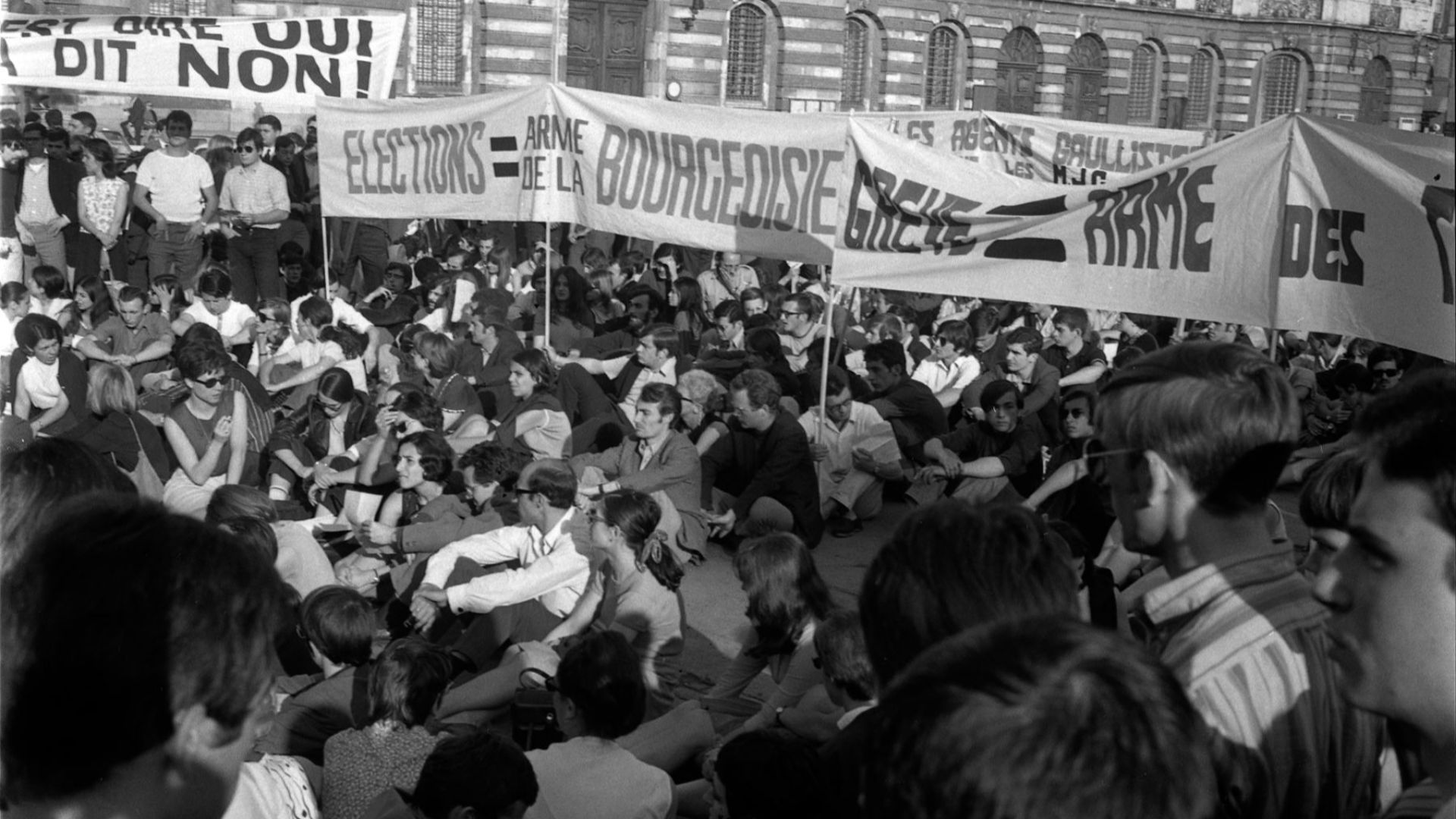Throwback To The '60s: The 20 Biggest Events That Took Place In This Decade
A Decade Unlike Any Other
The '60s arrived like a jolt, shaking up a world that had seemed so orderly before. One moment, suburban life dominated; the next, protests, music legends, and cultural upheavals were everywhere. It was a decade that redefined norms and pushed boundaries. Let’s dive into the 20 pivotal events that made this era unforgettable.
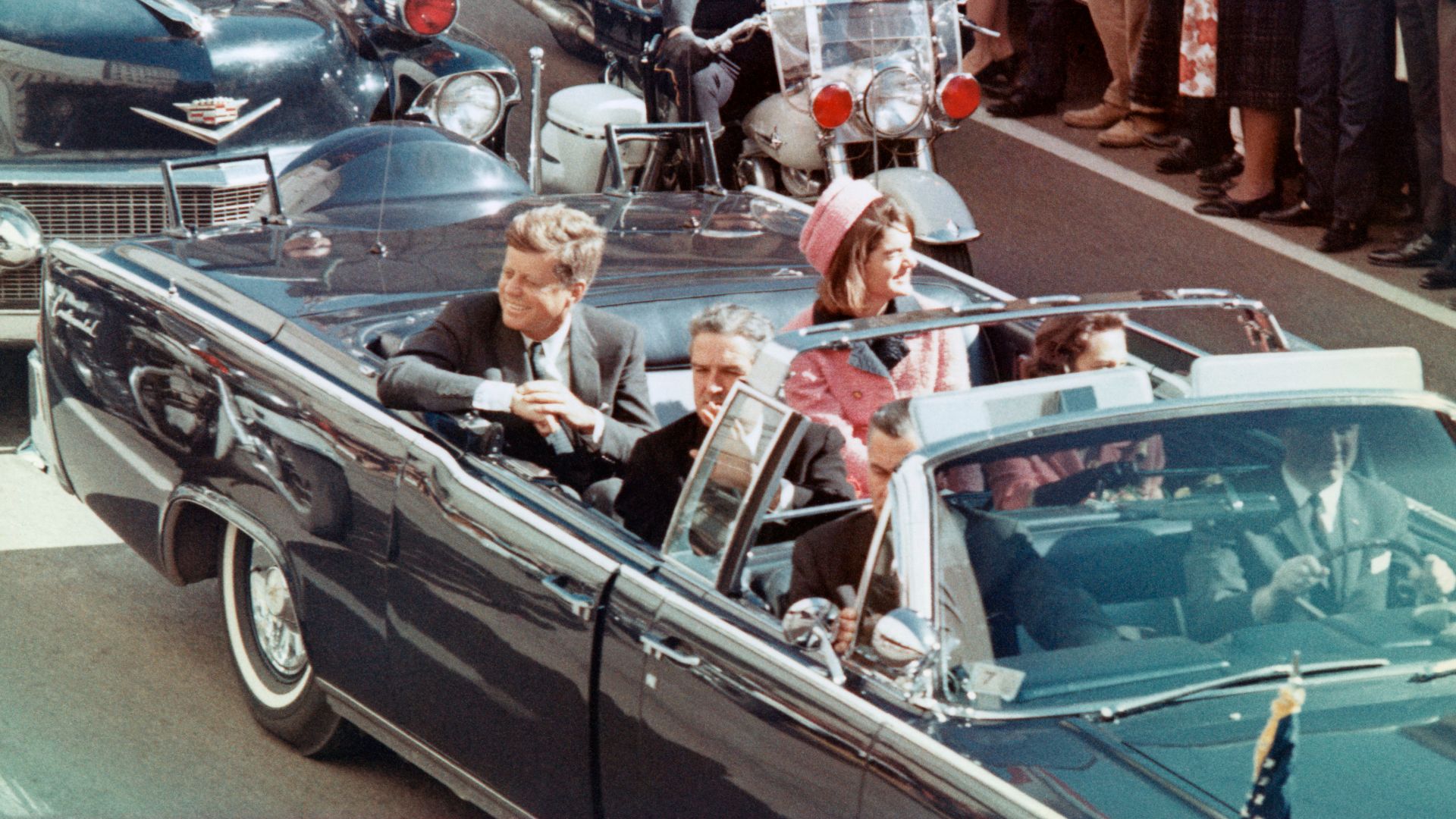 Walt Cisco, Dallas Morning News on Wikimedia
Walt Cisco, Dallas Morning News on Wikimedia
1. The Civil Rights Movement Gains Momentum
In the '60s, the Civil Rights Movement reached a tipping point. Landmark moments like the March on Washington and the signing of the well-known Civil Rights Act (1964) reshaped America's social fabric. The struggle, though long, sparked lasting change.
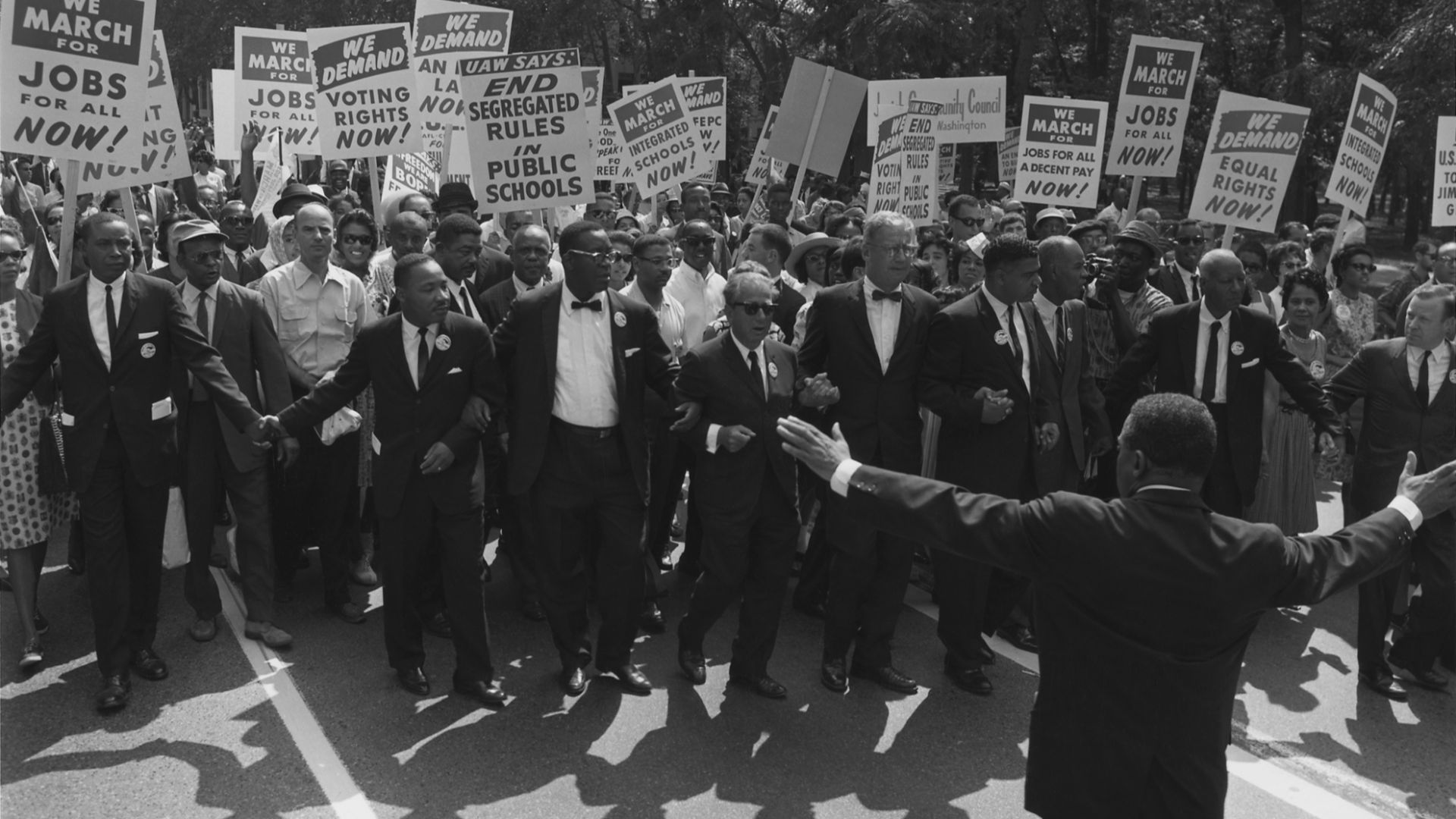 Unknown author or not provided on Wikimedia
Unknown author or not provided on Wikimedia
2. The Vietnam War Intensifies
In the early '60s, America began to fully immerse itself in the Vietnam War, a conflict that would split the nation. By 1965, nearly 200,000 troops were sent. Eventually, the war and its devastating ramifications would serve as the catalyst for a number of social and cultural upheavals that would define the decade.
3. The Assassination Of John F. Kennedy
November 22, 1963, remains one of the most shocking days in American history. The death of President John F. Kennedy in Dallas left the world grieving. Lee Harvey Oswald’s arrest only deepened the mystery, while millions mourned the loss of a leader who symbolized hope for many.
4. The Moon Landing
Apollo 11 made history on July 20, 1969. Astronaut Armstrong became the first person to step on the Moon. "That's one small step for man, one giant leap for mankind," he said. This achievement captured the imagination of millions, proving that space exploration was within reach.
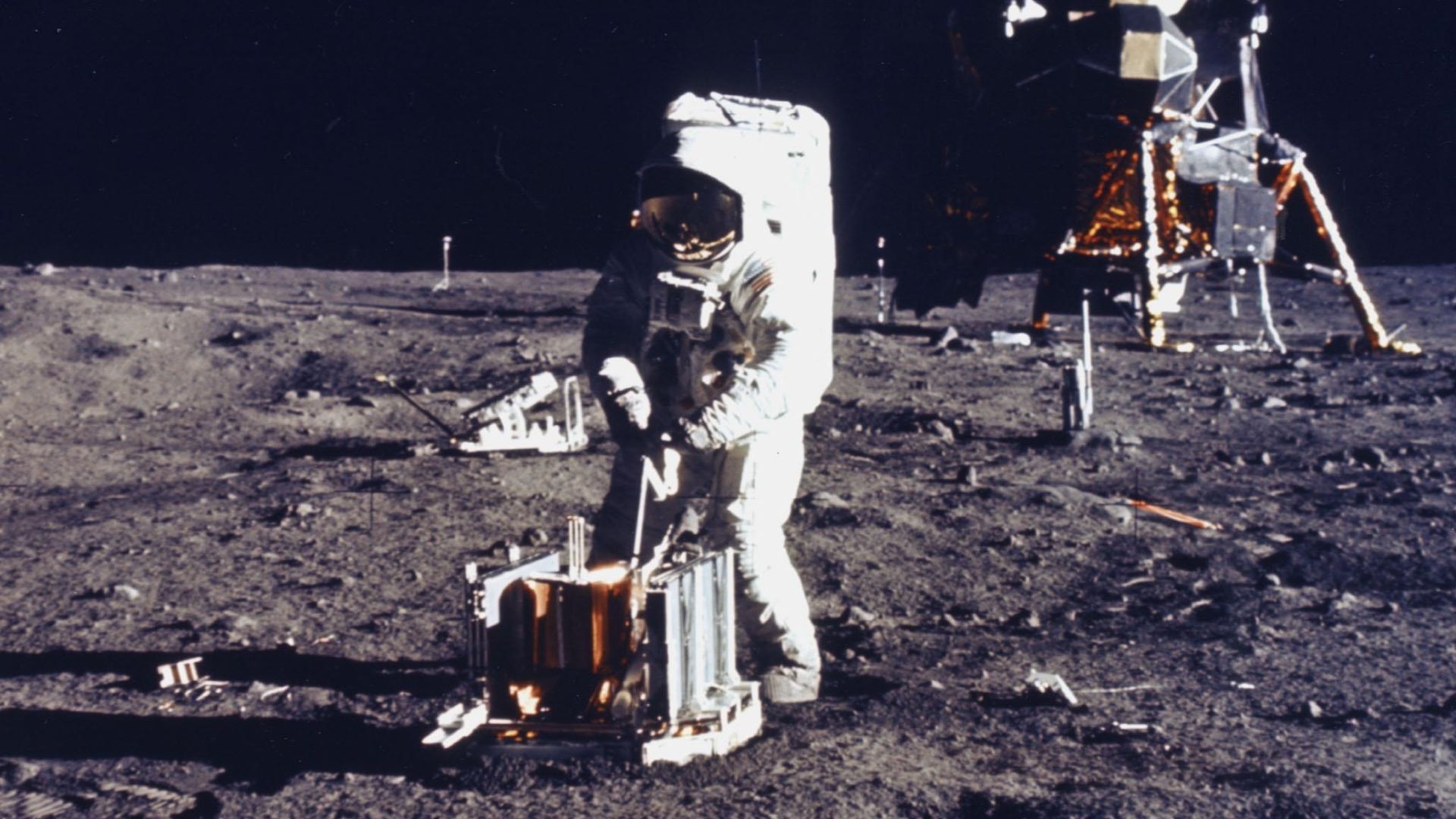 NASA Kennedy Space Center on Wikimedia
NASA Kennedy Space Center on Wikimedia
5. The Birth Of The Feminist Movement
The decade marked the rise of the second wave of feminism. Books like Betty Friedan's The Feminine Mystique and the founding of NOW in 1966 helped propel the movement forward. Women began demanding equality both in the workplace and at home.
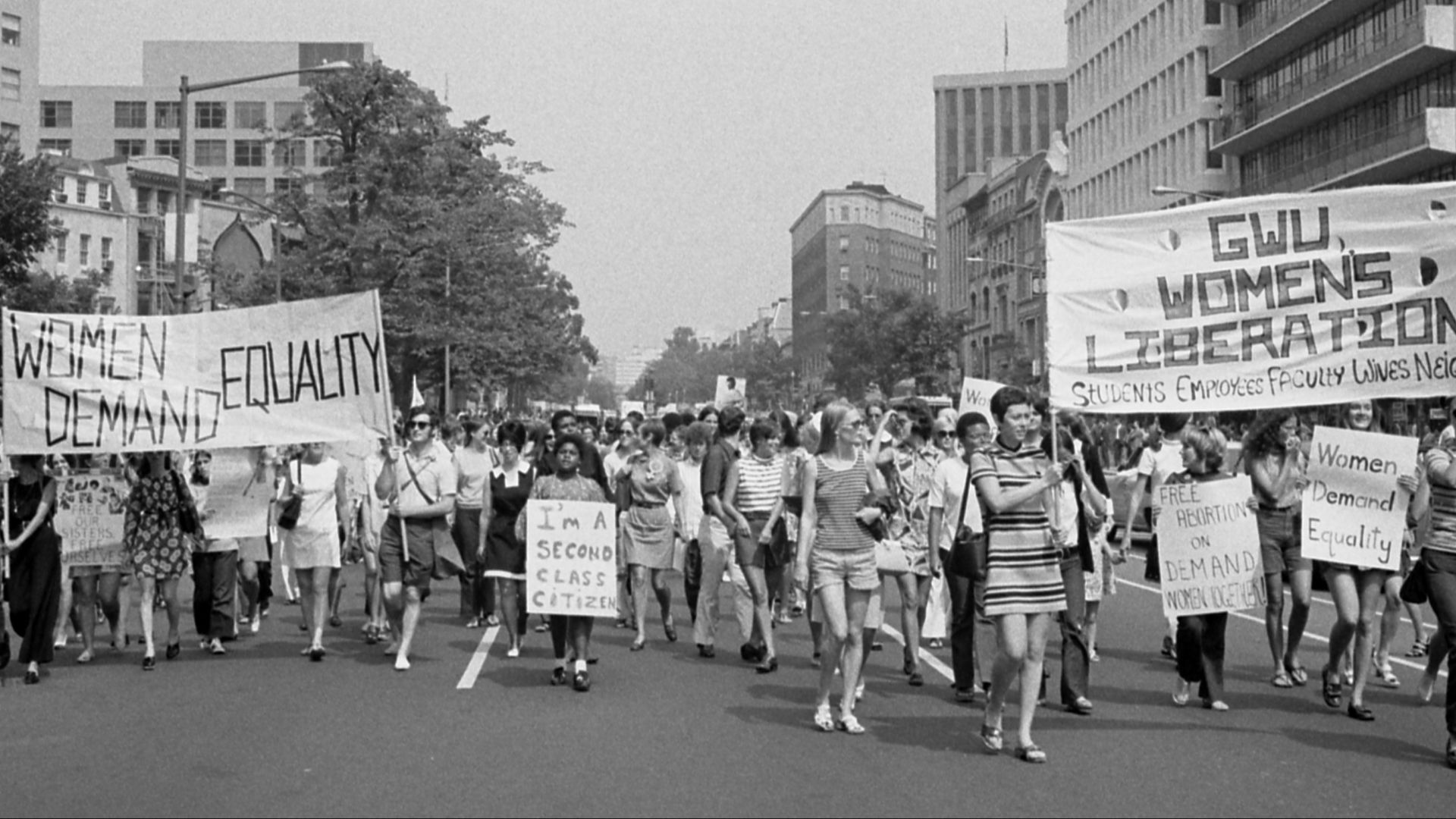 Warren K. Leffler on Wikimedia
Warren K. Leffler on Wikimedia
6. The Rise Of The Internet's Predecessor: ARPANET
In 1969, the U.S. Department of Defense launched ARPANET, the precursor to the modern internet. Initially designed to facilitate communication between government and academic institutions, it helped connect researchers across the country. ARPANET would eventually evolve into the internet, reshaping global communication and information sharing.
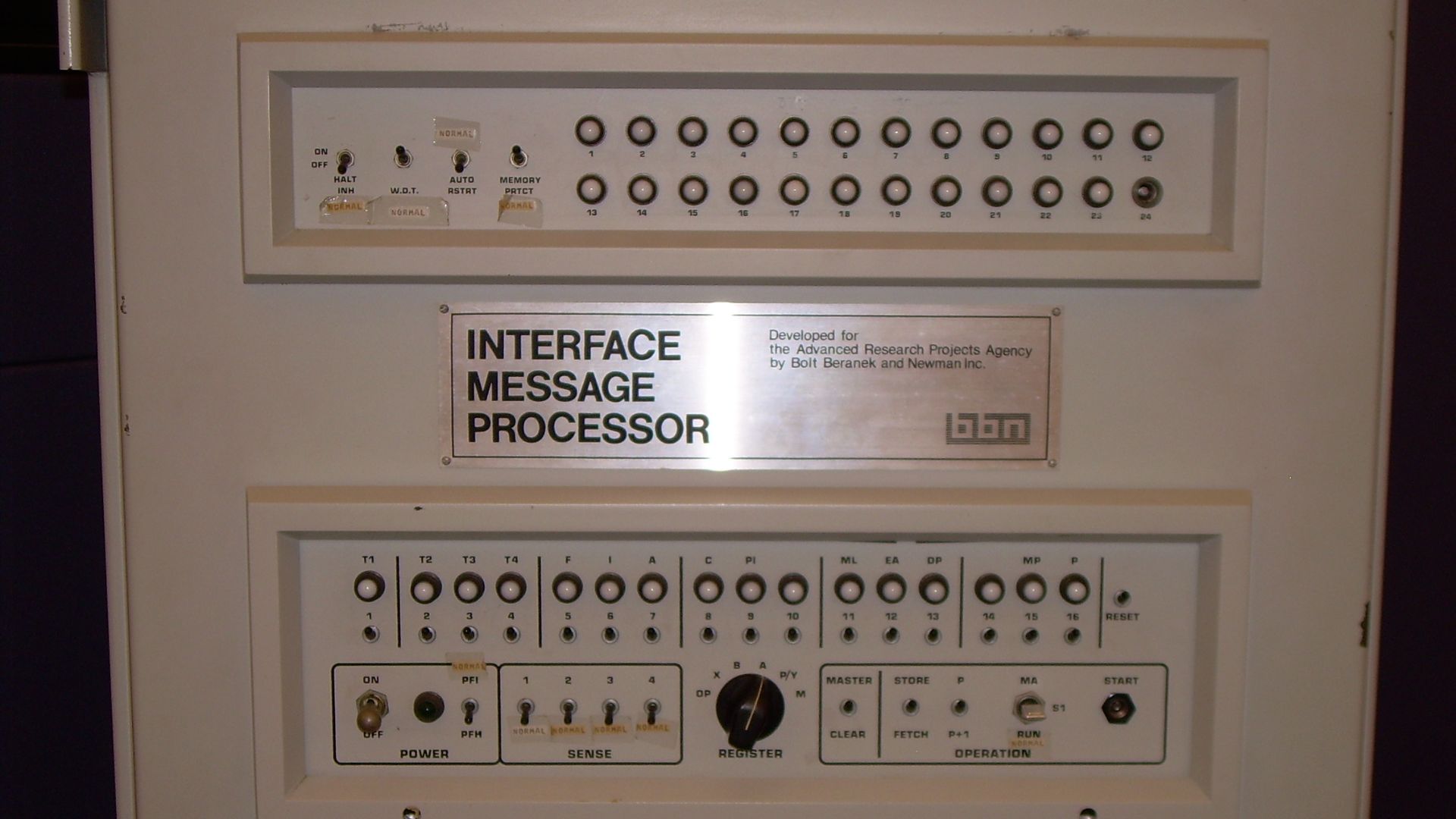 Carlo Nardone from Roma, Italy on Wikimedia
Carlo Nardone from Roma, Italy on Wikimedia
7. The March For Jobs And Freedom
On August 28, 1963, nearly 250,000 people gathered in Washington, D.C., for the March on Washington for Jobs and Freedom. The event was marked by Martin Luther King Jr.'s unforgettable "I Have a Dream" speech. It remains one of the largest and most influential rallies in American history.
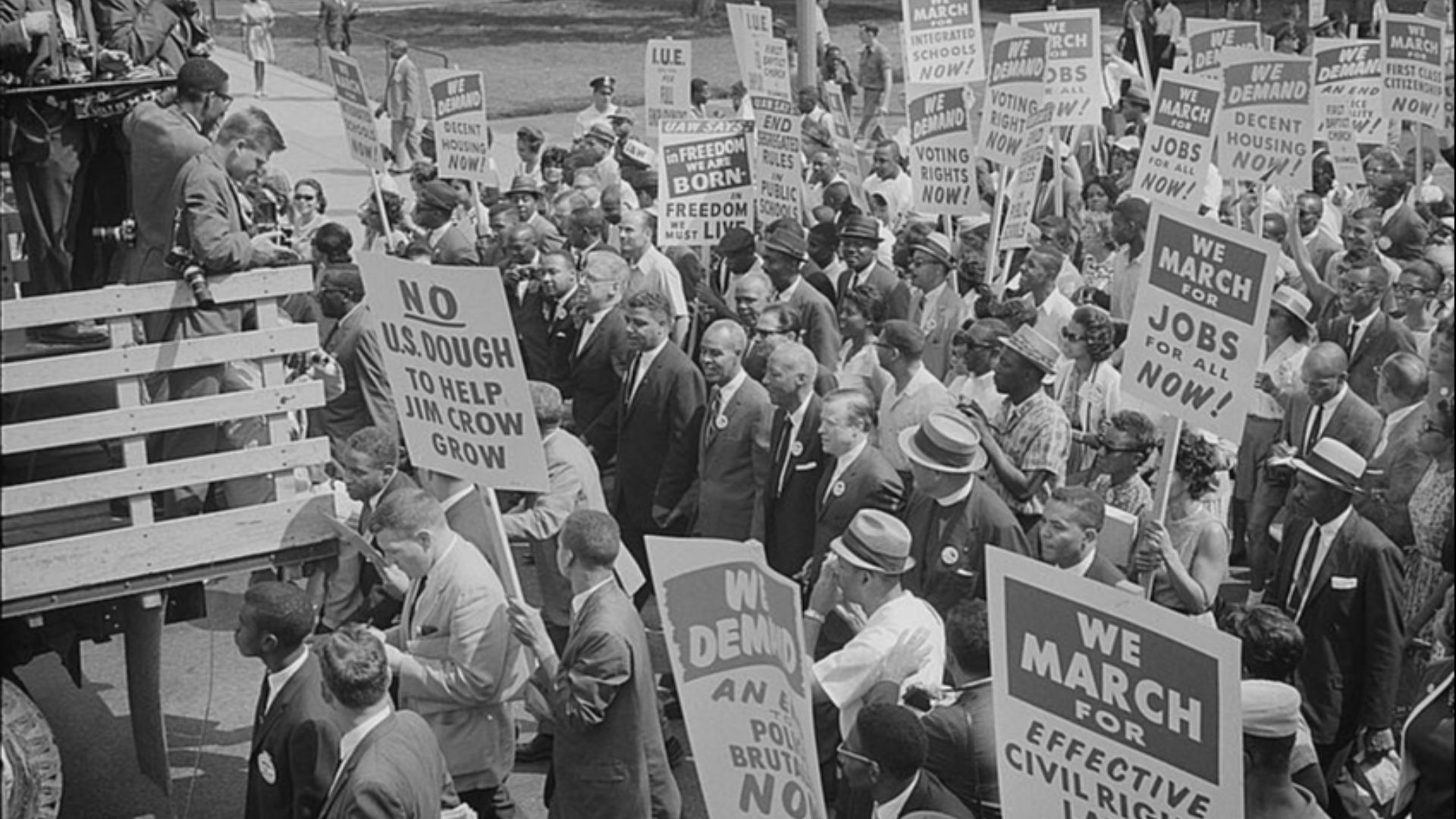 Leffler, Warren K., photographer on Wikimedia
Leffler, Warren K., photographer on Wikimedia
8. The Cuban Missile Crisis
The Cuban Missile Crisis brought the U.S. and the Soviet Union to the edge of nuclear clash. After the U.S. discovered Soviet missiles in Cuba, a tense 13-day standoff ensued. The world held its breath as the two superpowers negotiated a peaceful resolution.
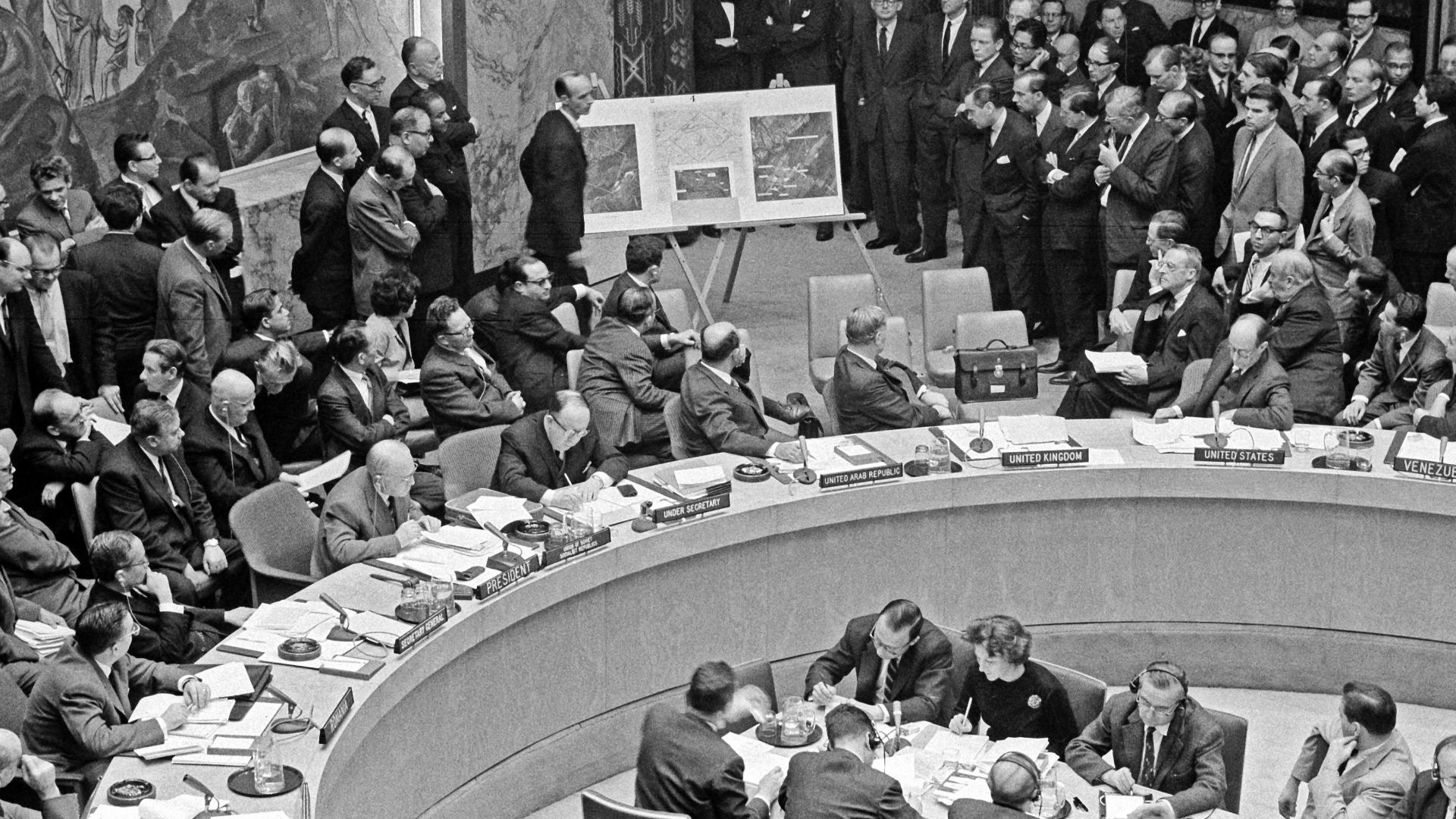 US Government, Unknown photographer on Wikimedia
US Government, Unknown photographer on Wikimedia
9. The Beatles Conquer America
When The Beatles took the stage on The Ed Sullivan Show in February 1964, they instantly became a sensation in America. Their catchy music and charismatic personalities enchanted the nation. This moment marked the beginning of the "British Invasion," forever changing the American music scene.
10. The Woodstock Festival
Held in August 1969, Woodstock became the ultimate symbol of the '60s counterculture. Over 400,000 people gathered in Bethel, New York, to celebrate peace, love, and music. Despite rain, mud, and logistical chaos, the festival cemented its place in pop culture history.
11. The Rise Of Anti-War Protests
As the Vietnam War intensified, protests erupted on American college campuses. Students increasingly voiced their opposition to U.S. involvement, with the Kent State shootings of 1970 symbolizing the rising disillusionment. These events highlighted the deepening divide between the government and a younger generation questioning the war.
12. The Voting Rights Act Of 1965
In 1965, President Johnson willfully signed the Voting Rights Act, eliminating discriminatory voting practices in the South. The law banned literacy tests and other barriers, ensuring greater political participation for African Americans. This was a significant victory in the ongoing fight for rights.
13. The First Super Bowl
On January 15, 1967, football history was made with the first-ever Super Bowl. The Green Bay Packers triumphed over the Kansas City Chiefs with a dominant 35-10 victory. This game, initially dubbed the AFL-NFL World Championship, laid the foundation for what would become America’s most-watched sporting event.
14. The First Human Heart Transplant
In December 1967, South African surgeon Dr. Christiaan Barnard performed the world’s first successful human heart transplant. The groundbreaking surgery challenged medical norms, pushing the boundaries of what was thought possible in the field of organ transplantation.
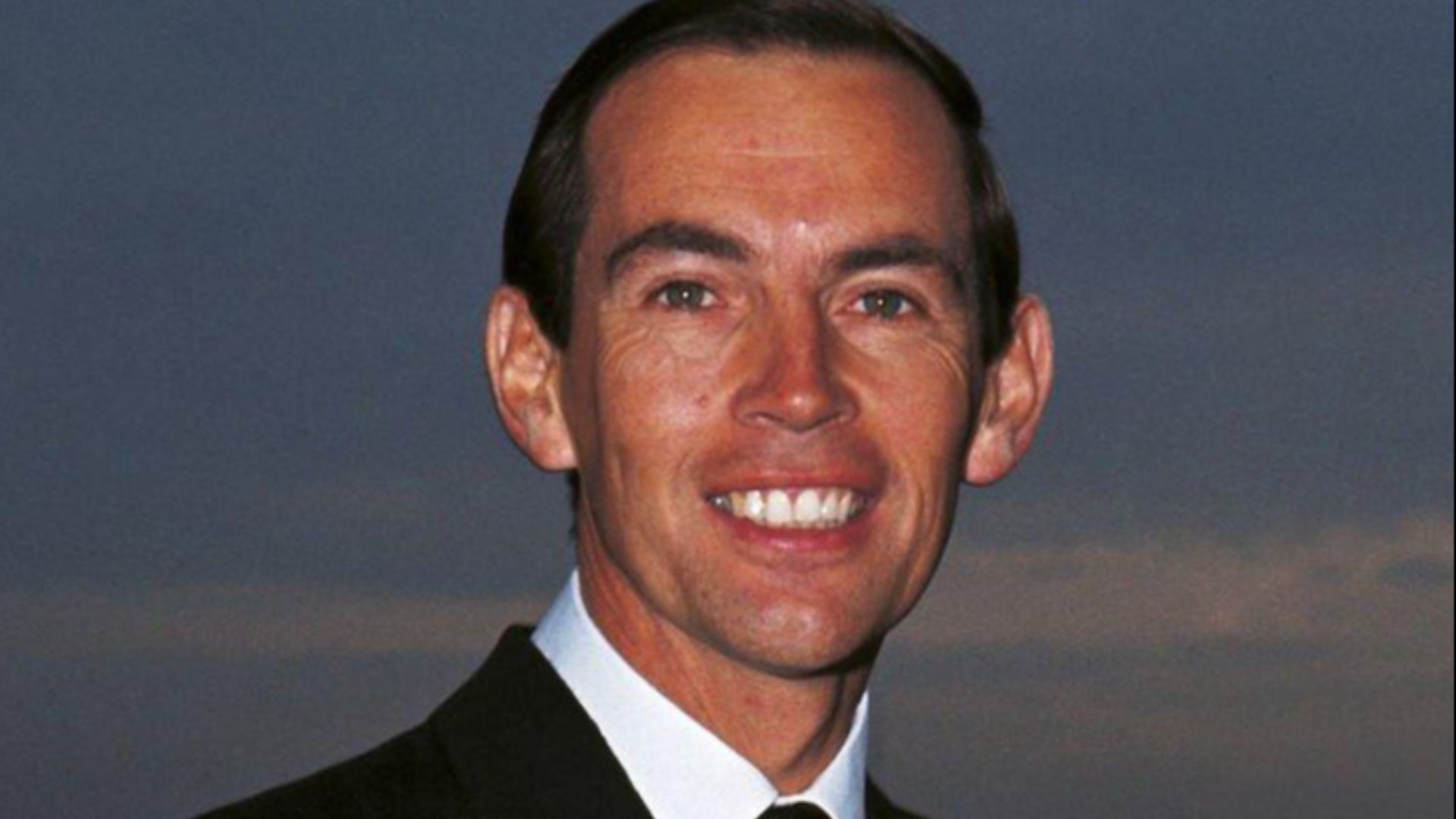 Unknown (Mondadori Publishers) on Wikimedia
Unknown (Mondadori Publishers) on Wikimedia
15. The Formation Of Greenpeace
Greenpeace originated in Vancouver, Canada, in 1969 when activists protested nuclear testing at Amchitka. The organization was officially founded in 1971 and rapidly expanded. It soon became one of the world’s most influential environmental groups, advocating for global ecological protection and change.
16. The Cuban Revolution Solidifies
Though the Cuban Revolution began in 1959, its influence reverberated strongly in the 1960s. Under Fidel Castro, Cuba aligned more closely with the Soviet Union, and the U.S. imposed an embargo. This shift made Cuba a focal point of tensions throughout the decade.
17. The Stonewall Riots Spark LGBTQ Rights Movement
In 1969, a group of New Yorkers protested harassment at the Stonewall Inn, sparking riots that would go down in history. The uprising brought significant attention to LGBTQ rights. It also marked the beginning of a powerful movement advocating for visibility, equality, and social change.
18. The Detroit Riots Of 1967
The Detroit Riots in 1967 were sparked by racial tensions and police brutality. Over five days, violent clashes broke out, leading to over 40 deaths and widespread property damage. The riots highlighted the deep-seated inequality and the need for systemic change in America’s urban centers.
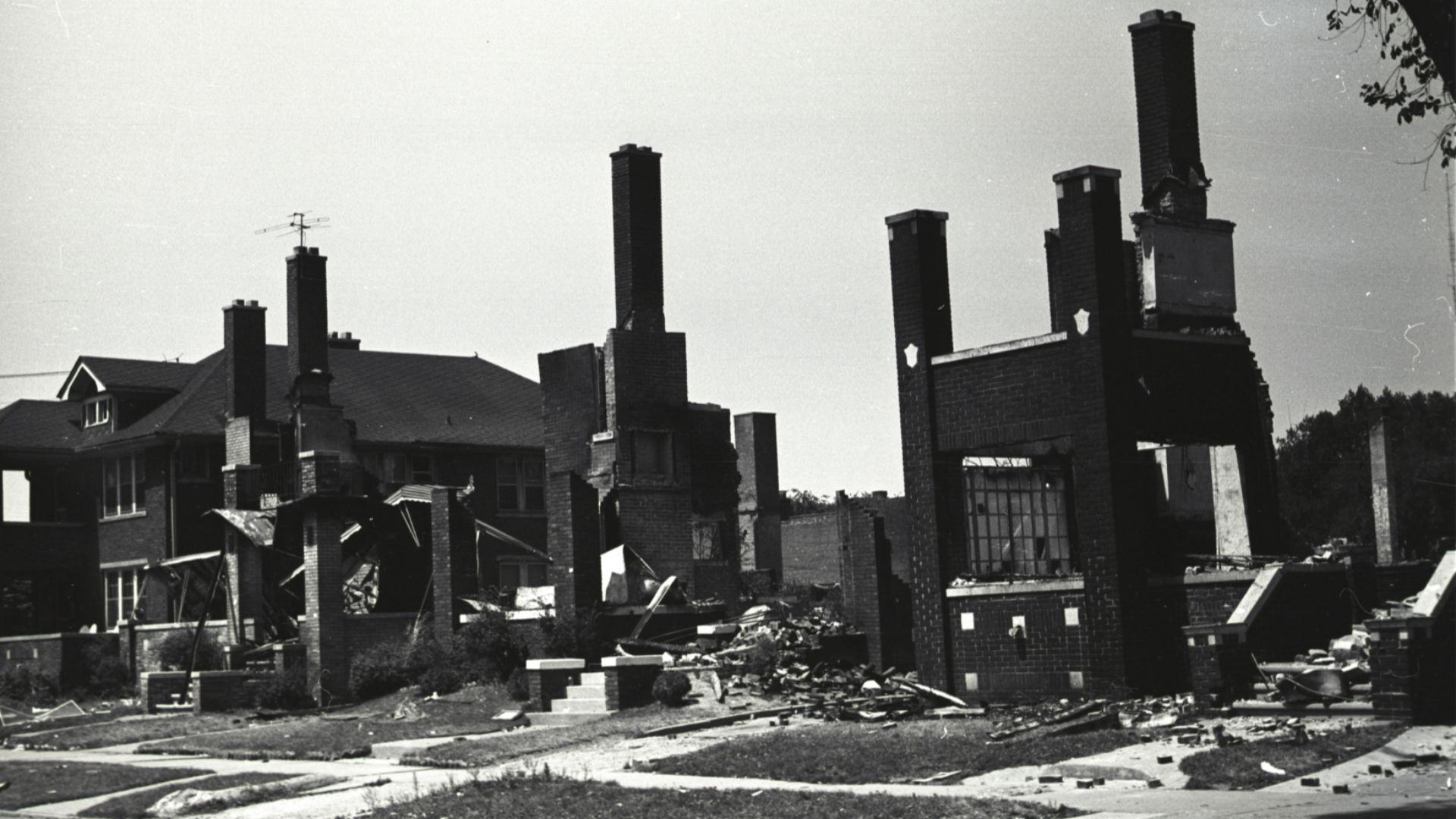 Phil Cherner (email: [email protected] ; website: www.philcherner.com). on Wikimedia
Phil Cherner (email: [email protected] ; website: www.philcherner.com). on Wikimedia
19. The Introduction Of The Pill
In 1960, the FDA approved the oral contraceptive, "The Pill." This revolutionized family planning, giving women greater control over their reproductive health. Moreover, it empowered women to make decisions about their futures and contributed to the changing dynamics of gender roles in society.
20. The French Student Protests Of May 1968
May 1968 saw mass protests in France, driven by student disillusionment with government policies. Workers joined in, leading to a general strike. The protests pushed for social reforms and challenged authority, leaving a lasting impact on French society.
KEEP ON READING
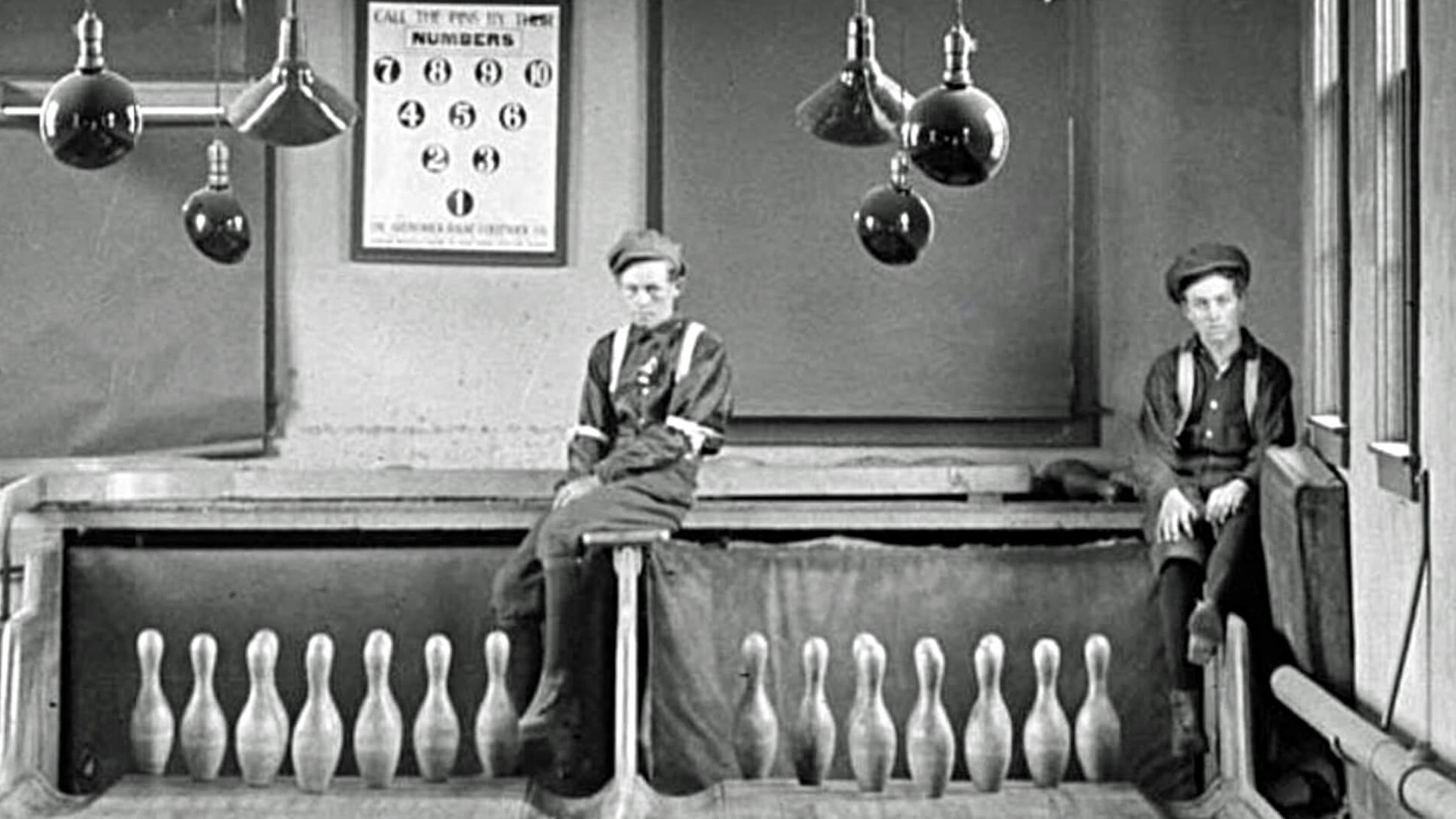
Weird Historical Jobs That Don't Exist Anymore
If you think you're job is bad, people in earlier…
By Maria Cruz Apr 10, 2025
Throwback To The '60s: The 20 Biggest Events That Took…
A Decade Unlike Any Other. The '60s arrived like a…
By Chase Wexler Apr 10, 2025
Walt Disney: 10 Controversies That Haunt His Legacy & 10…
The Man Behind the Mouse. Whether you’re a fan of…
By Farva Ivkovic Apr 9, 2025
The 10 Best Generals In American History And The 10…
Some Generals Are Remembered For Their Ingenuity, Others For Their…
By Emilie Richardson-Dupuis Apr 9, 2025
Our Perception Of Time Is Wrong
Time is a strange, strange thing. We like to compartmentalize…
By Cathy Liu Apr 8, 2025
The Unsinkable Ship: 20 Fascinating Facts About The Titanic You…
The Ins And Out Of The Titanic . The Titanic was…
By David Davidovic Apr 6, 2025

